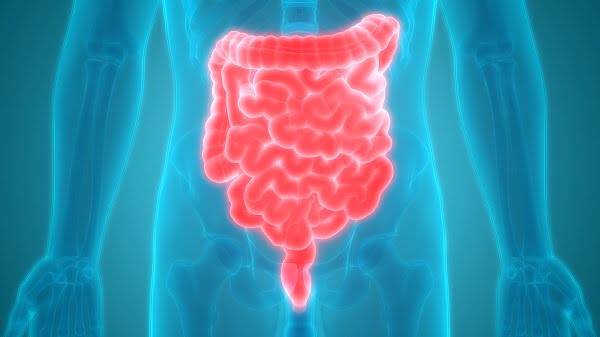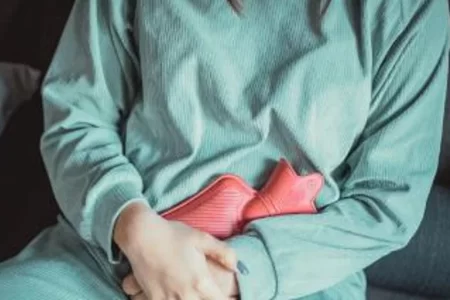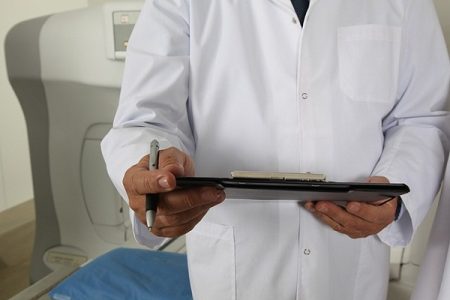What is Hemorrhoidectomy for Hemorrhoids (Piles)?
- Updated on: Jul 9, 2024
- 3 min Read
- Published on Apr 19, 2021

Hemorrhoidectomy for Hemorrhoids
Hemorrhoidectomy is a surgery to remove severe internal or external hemorrhoids. Hemorrhoidectomy is the most effective treatment for hemorrhoids, though there are certain complications too associated with the procedure.
You will be given anesthesia before the procedure so that you do not feel any pain.
How is hemorrhoidectomy performed?
First, your doctor will make incisions in the skin around the hemorrhoids. The swollen and inflamed vein inside the hemorrhoid is then tied off to prevent bleeding. Then the hemorrhoid is removed. The doctor may stitch the surgical area or left it open as such.
Generally, patients are allowed to go home the same day.
Hemorrhoidectomy can be of two types:
- Open Hemorrhoidectomy
- Closed Hemorrhoidectomy
What is a closed hemorrhoidectomy?
Closed hemorrhoidectomy is most commonly used to treat internal hemorrhoids. It involves the excision of hemorrhoidal tissues using a sharp knife or other tool, such as a scalpel, scissors, or sometimes laser. The wound is then closed with an absorbable suture or through normal stitching procedure.
Postoperative care such as warm baths, mild analgesics, and avoiding of constipation are needed. The success rate of this procedure is as high as 95%.
Its complications are pain, bleeding, urinary tract infection, fecal impaction, wound breakdown, fecal incontinence, and anal stricture.
What is an open hemorrhoidectomy?
In an open hemorrhoidectomy, the surgeon will excise the hemorrhoidal tissue in the same way as is done in a closed hemorrhoidectomy. However, he or she will leave the incision open after the surgery.
Surgeons choose open hemorrhoidectomy when the location of your hemorrhoids or size or number of hemorrhoids makes it difficult to close the wound. In some cases, it is opted when the likelihood of post-operative infection is high.
Complications following this procedure are similar to those associated with the closed hemorrhoidectomy.
There are a variety of ways to perform the surgery (either closed or open). Sometimes, the surgery is done with a tool such as a knife or any other surgical cutting device. Electricity-based cutters or lasers may also be used for the removal of hemorrhoids by some doctors.
Doppler-guided hemorrhoidectomy
Doppler-guided hemorrhoidectomy is a surgical technique to remove hemorrhoids surgically. The procedure uses a scope with a special probe (camera) connected to it to visualize the arteries in the hemorrhoids precisely so that only minimum amount of tissue is removed in the procedure. It is found to be less painful in some studies.
Incision-less Hemorrhoidectomy (stapled hemorrhoidopexy)
In this procedure, a circular stapling device is used to remove the hemorrhoidal tissue. The procedure does not require any incision. Your surgeon will lift the hemorrhoid and then staple it there in the anal canal. This procedure is called stapled hemorrhoidopexy.
People who have this surgery often report lesser pain after surgery than those who have conventional hemorrhoidectomy. But this is more expensive and the risk of getting the hemorrhoids back is much higher in this case. They then need another surgery.
New methods are being developed to decrease the pain associated with the surgery that should allow a better patient experience.
Your recovery: What to expect after surgery?
Generally, a person can go home the same day. Recovery takes about 3-5 weeks.
After you have the surgery, you can expect to feel better each day. The anal area may remain painful for 2 to 4 weeks. Your doctor will give pain medicine for relief. It is common to have slight light bleeding for the first few weeks after surgery. This is most common when you have a bowel movement. This may last for about 5-6 weeks after surgery.
You are likely to be able to do most of your activities after 1-2 weeks. But you should avoid things that require a lot of effort or can cause straining in the anal canal. It is also important to avoid heavy lifting and straining with bowel movements during recovery.
You can read about other treatment options here – Treatment for Hemorrhoids.













1 Comment
It’s great that you explained that hemorrhoidectomy surgical procedure recovery may take 3-5 weeks. My friend wants to get his hemorrhoids treated. I should advise him to turn to a doctor that specializes in hemorrhoids.